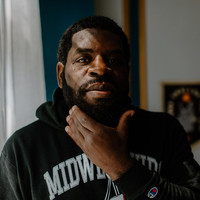
Broken Windows
The landmark article that changed the way communities were policed:
This wish to "decriminalize" disreputable behavior that "harms no one"- and thus remove the ultimate sanction the police can employ to maintain neighborhood order—is, we think, a mistake. Arresting a single drunk or a single vagrant who has harmed no identifiable person seems unjust, and in a sense it is. But failing to do anything about a score of drunks or a hundred vagrants may destroy an entire community. A particular rule that seems to make sense in the individual case makes no sense when it is made a universal rule and applied to all cases. It makes no sense because it fails to take into account the connection between one broken window left untended and a thousand broken windows.






